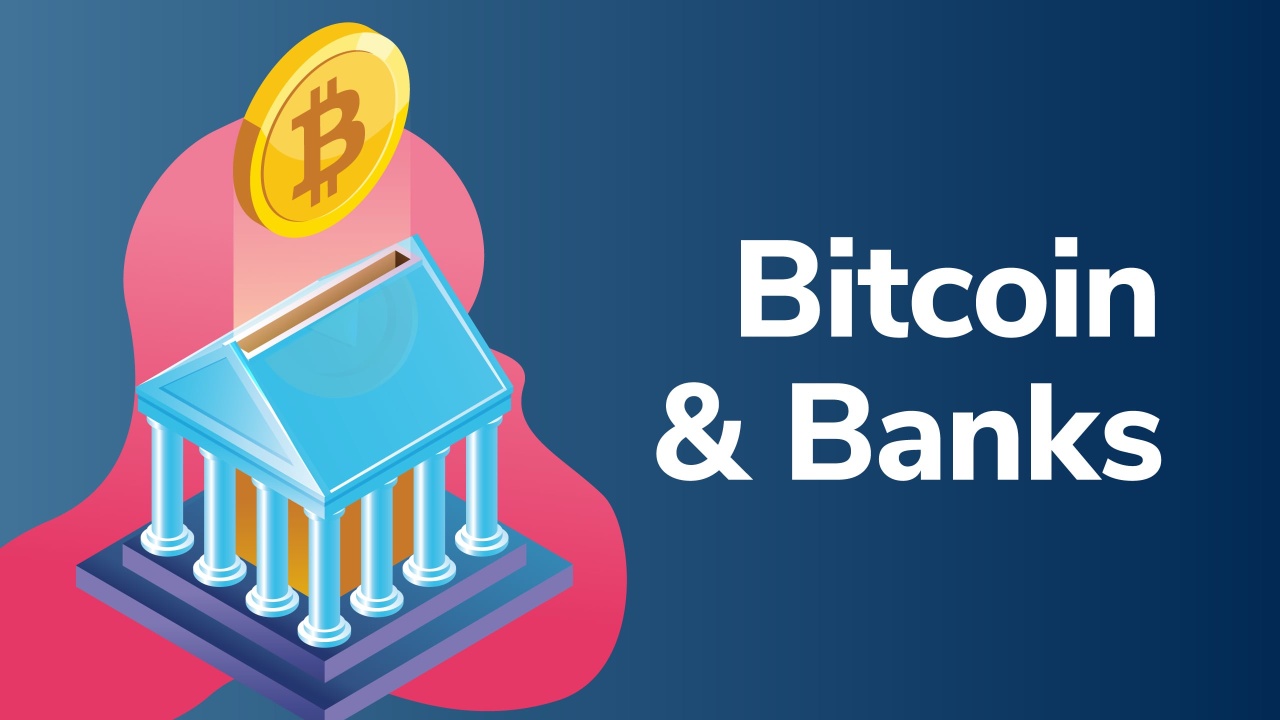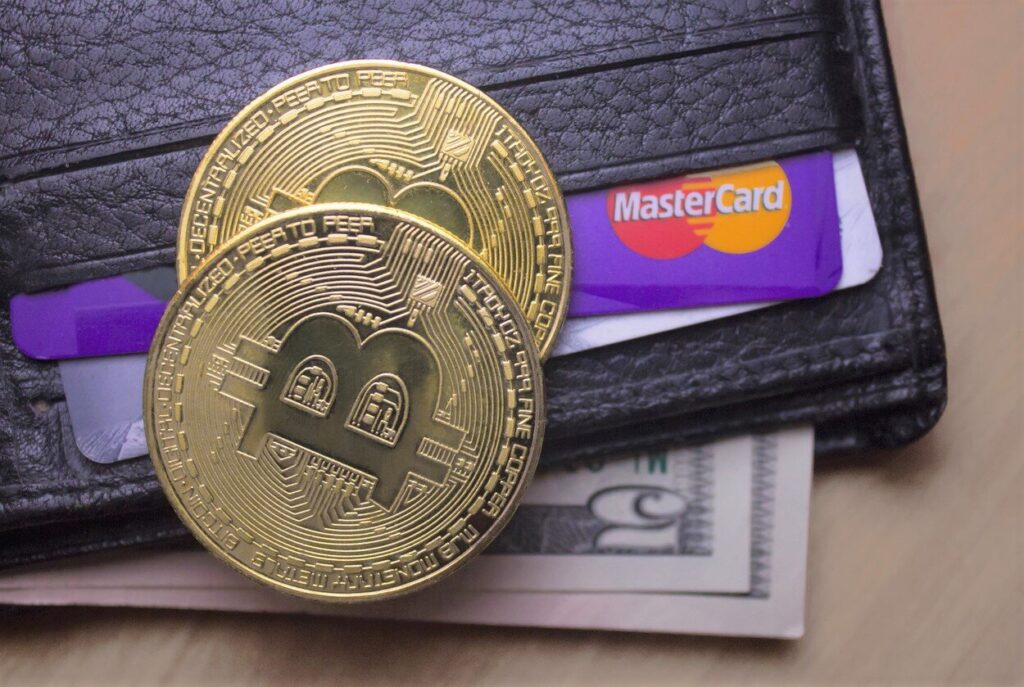
Bitcoin, the pioneering cryptocurrency, has evolved significantly since its inception. As its popularity grows, many people wonder about its acceptance by traditional financial institutions. One common question is whether banks accept Bitcoin. This article delves into the relationship between banks and Bitcoin, exploring the current stance of banks on cryptocurrencies, their potential benefits, and the challenges they face.
Understanding Bitcoin and Its Evolution
Bitcoin, created in 2009 by an anonymous individual or group known as Satoshi Nakamoto, is a decentralized digital currency that operates on a peer-to-peer network. Unlike traditional currencies issued by governments, Bitcoin relies on blockchain technology—a decentralized ledger that records all transactions across a network of computers.
Over the years, Bitcoin has gained recognition as both a digital asset and a store of value. Its volatility and potential for high returns have attracted investors and speculators. As Bitcoin’s prominence has grown, so has the interest from various sectors, including the banking industry.
Do Banks Accept Bitcoin? The Current Landscape

The acceptance of Bitcoin by banks varies widely across different regions and institutions. While some banks are open to integrating Bitcoin into their operations, many remain cautious or outright resistant. Here’s a look at the current state of Bitcoin acceptance by banks:
1. Limited Integration
Many traditional banks do not directly accept Bitcoin as a form of payment or deposit. Instead, they maintain a cautious approach, focusing on regulatory compliance and risk management. Banks that do interact with Bitcoin usually do so through partnerships with cryptocurrency exchanges or service providers.
For instance, some banks allow their customers to link their bank accounts to cryptocurrency exchanges, facilitating the buying and selling of Bitcoin. However, the process often involves additional fees and requires customers to use third-party services rather than the bank’s own infrastructure.
2. Cryptocurrency-Friendly Banks
In contrast, a growing number of banks are embracing Bitcoin and other cryptocurrencies. These institutions are often referred to as “crypto-friendly banks” and offer services tailored to the needs of cryptocurrency users. They may provide features such as:
- Crypto Custody Services: Banks that offer secure storage solutions for Bitcoin and other digital assets, catering to institutional investors and high-net-worth individuals.
- Crypto-Backed Loans: Some banks allow customers to use their cryptocurrency holdings as collateral for loans.
- Integration with Crypto Exchanges: Certain banks collaborate with cryptocurrency exchanges to offer seamless fiat-to-crypto transactions.
3. Regulatory and Compliance Challenges
One of the main reasons banks are cautious about accepting Bitcoin is the complex regulatory environment surrounding cryptocurrencies. Banks must navigate a patchwork of regulations that vary by country and jurisdiction. Compliance with anti-money laundering (AML) and know-your-customer (KYC) requirements is a significant concern.
To mitigate risks, banks often implement stringent procedures for cryptocurrency transactions. These procedures may include enhanced due diligence and monitoring to prevent illicit activities such as money laundering and fraud.
Benefits of Banks Accepting Bitcoin
While the current acceptance of Bitcoin by banks is limited, there are several potential benefits for both banks and customers if more institutions were to embrace Bitcoin:
1. Expanded Financial Services
Accepting Bitcoin could enable banks to offer a broader range of financial services. This includes facilitating cryptocurrency transactions, providing crypto-backed loans, and offering investment opportunities in digital assets.
2. Increased Market Reach
By accepting Bitcoin, banks could attract a new segment of customers interested in cryptocurrencies. This could help banks expand their customer base and tap into the growing market for digital assets.
3. Diversification of Revenue Streams
Banks that incorporate Bitcoin and other cryptocurrencies into their operations may diversify their revenue streams. This could include earning fees from cryptocurrency transactions, providing custody services, and offering advisory services related to digital assets.
Challenges Facing Banks in Accepting Bitcoin
Despite the potential benefits, several challenges hinder the widespread acceptance of Bitcoin by banks:
1. Regulatory Uncertainty
The regulatory landscape for cryptocurrencies is still evolving. Banks face uncertainty regarding how to comply with existing regulations and adapt to new ones. This uncertainty can deter banks from fully integrating Bitcoin into their operations.
2. Security Concerns
Bitcoin and other cryptocurrencies are often targeted by cybercriminals. Banks must implement robust security measures to protect against hacking, fraud, and theft. Ensuring the security of digital assets presents a significant challenge.
3. Volatility and Risk Management
Bitcoin’s price volatility poses a risk for banks considering its acceptance. The value of Bitcoin can fluctuate dramatically, which may impact the stability of financial transactions and investments involving cryptocurrencies.
4. Infrastructure and Integration
Integrating Bitcoin into traditional banking systems requires significant infrastructure changes. Banks must develop or partner with technology providers to facilitate cryptocurrency transactions, which can be costly and complex.
The Future of Banks and Bitcoin

As the cryptocurrency market continues to mature, it is likely that more banks will explore ways to integrate Bitcoin into their services. Some potential developments include:
1. Increased Regulation and Clarity
As regulatory frameworks for cryptocurrencies become more established, banks may gain clearer guidelines on how to interact with digital assets. This could encourage more institutions to consider accepting Bitcoin.
2. Technological Advancements
Advancements in blockchain technology and digital asset infrastructure may make it easier for banks to integrate Bitcoin into their operations. This could lead to more seamless and secure cryptocurrency transactions.
3. Growing Customer Demand
As demand for cryptocurrency services grows, banks may respond by expanding their offerings to include Bitcoin. This could involve providing new financial products and services tailored to cryptocurrency users.
4. Collaborative Efforts
Banks may increasingly collaborate with cryptocurrency exchanges and fintech companies to offer integrated solutions. These partnerships could help bridge the gap between traditional finance and the cryptocurrency world.
The relationship between banks and Bitcoin is evolving, with varying levels of acceptance across different institutions and regions. While many banks remain cautious, some are beginning to embrace Bitcoin and other cryptocurrencies, offering new services and opportunities. As regulatory clarity improves and technological advancements continue, it is likely that more banks will explore ways to integrate Bitcoin into their operations. For now, the landscape is one of cautious exploration, with potential benefits and challenges shaping the future of banking and cryptocurrencies.